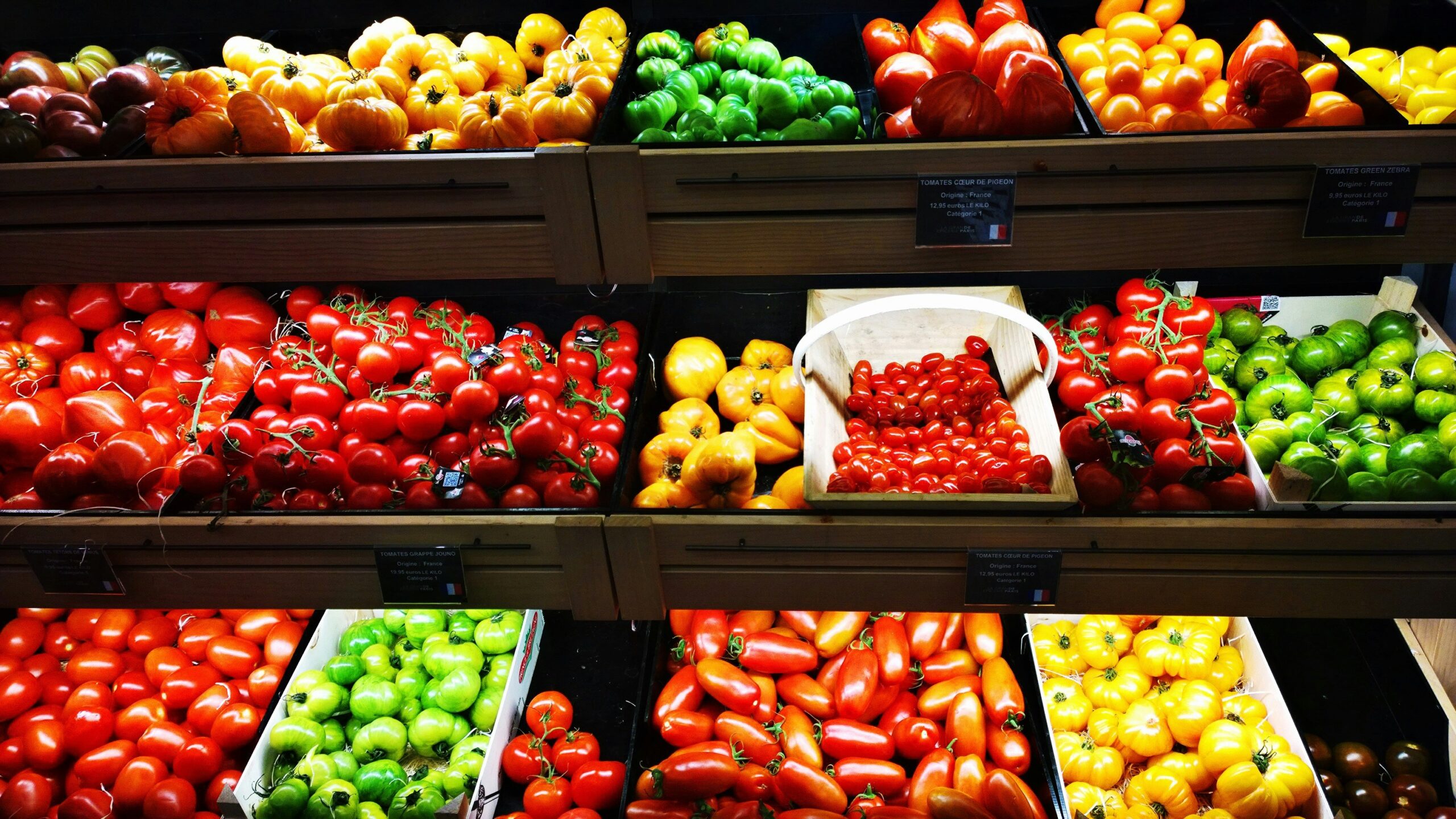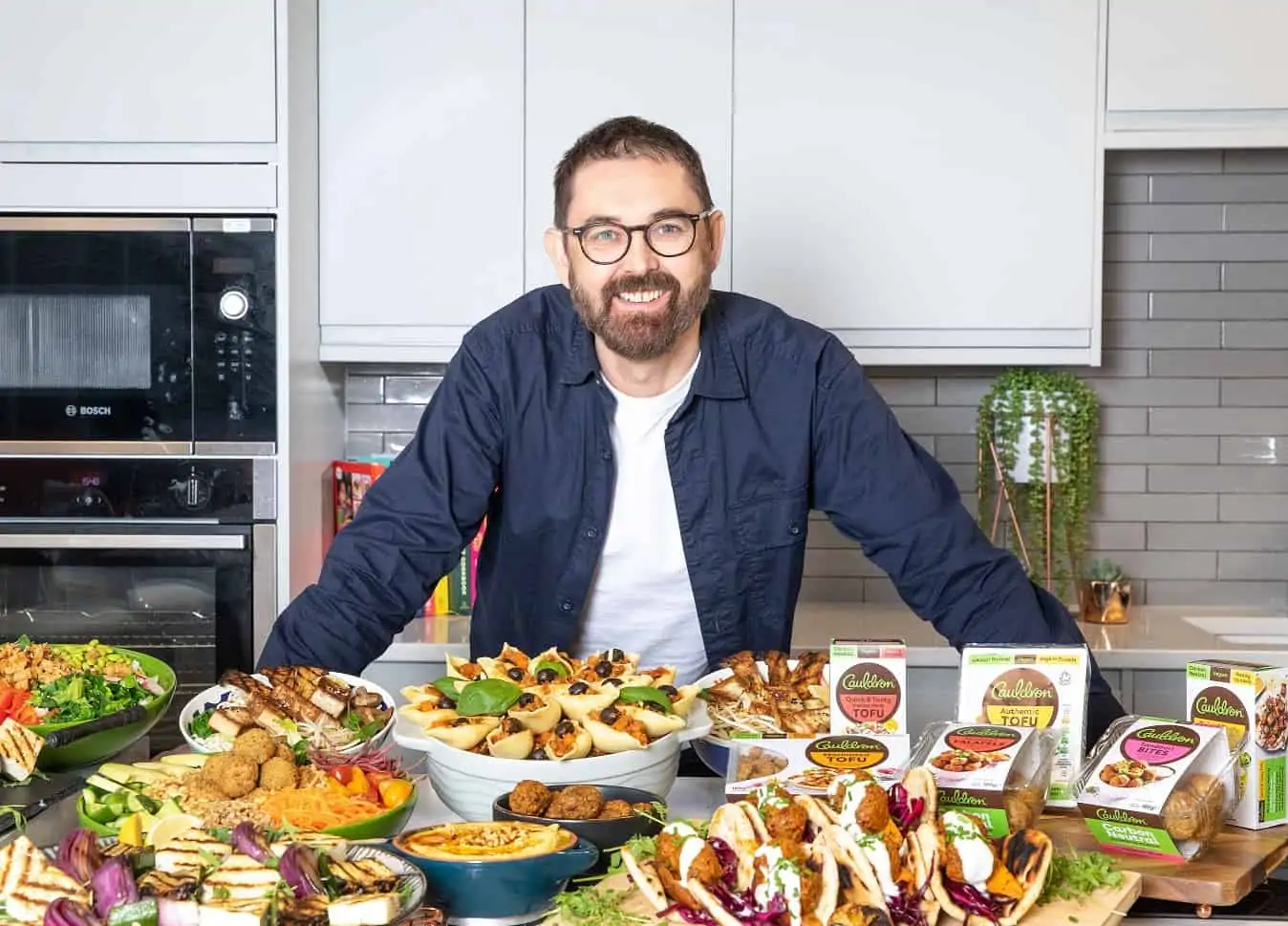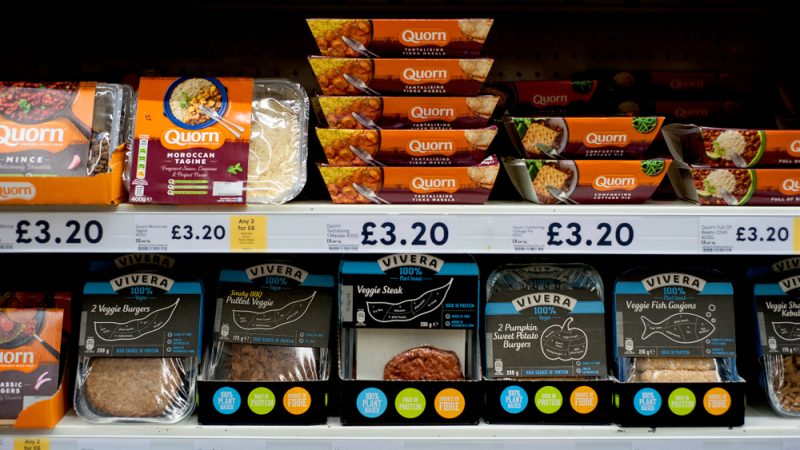We’ve seen Argentinean celebrity chef Francis Mallmann flex his barbecue skills on the Netflix show Chef’s Table, so what’s he doing promoting cultured meat? We ask this master of the fire pit.
When it comes to cooking with fire, Francis Mallmann is the eminence grise. He is a master of the pursuit, the imagery immortalized in graceful, unhurried motion in an episode of the Netflix show Chef’s Table that shows him readying whole beasts for their turn beneath his signature fire dome.
Mallmann’s way of turning meat into things of gustatory delight has earned him the nickname “carnivore king”. So it was surprising to find ourselves face-to-face with the Argentinean chef who had come to zichar restaurant Keng Eng Kee on a sweltering afternoon to headline a GOOD Meat event promoting cultivated chicken.
Evidently, when it comes to meat, the carnivore king has had a change of heart.
“The planet is very unhealthy because of what we’ve been doing with animals. We’ve destroyed the oceans, we have chicken-eating horrible things like antibiotics, and look at the farming of salmon – it’s destroyed the seas in South America,” said Mallmann, looking incredibly cool in his signature pink gaucho beret despite the merciless humidity of the day. “So there is no way out. We need to change and look at alternatives.”
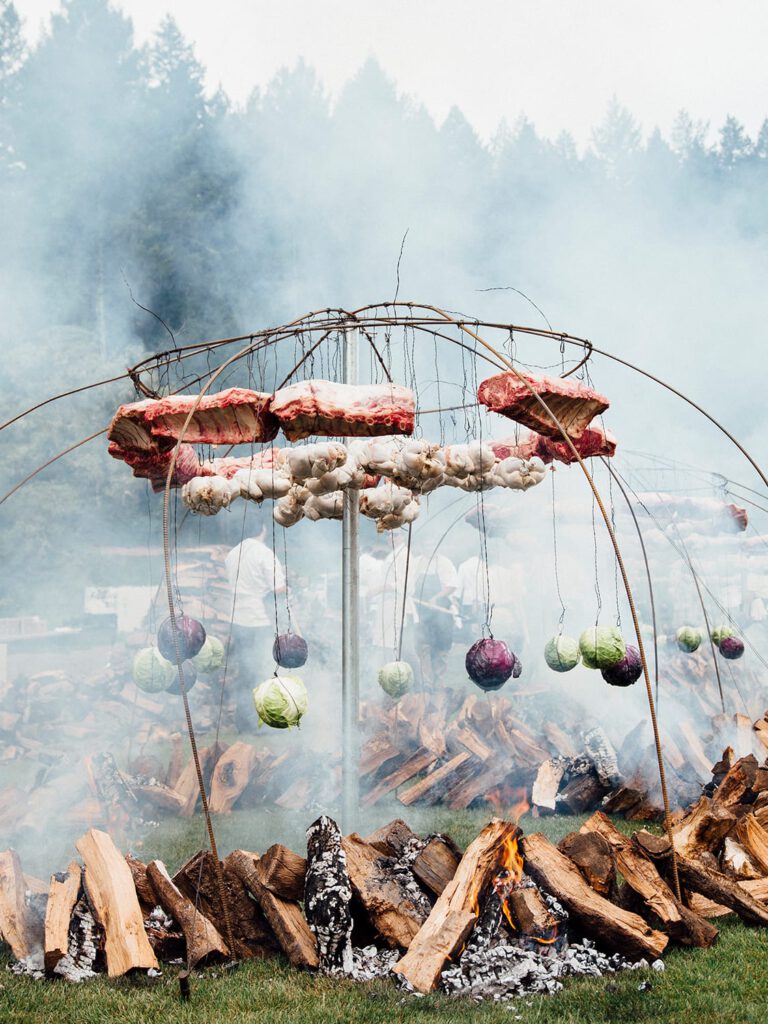
One of which is cultivated meat. Rather than meat alternatives made from plant-based ingredients, cultivated or cultured meat is produced by cultivating animal cells.
To describe the process in an unscientifically phrased nutshell: Animal stem cells are extracted and banked, then grown in bioreactors or cultivators. The cells are fed the basic nutrients and supplements that a live animal needs to grow, such as amino acids, glucose, and vitamins. After they divide and grow, the cells are harvested and packaged into final products. No animals are slaughtered and there are no animal by-products to waste.
Mallmann experienced his first taste of GOOD Meat cultured chicken only a day before we met, and his verdict? “It’s very interesting.”
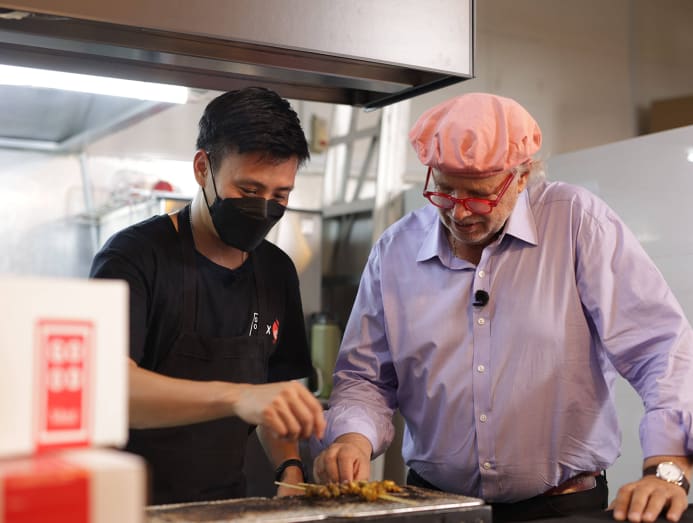
“I need time to fall in love with it,” was his eloquently oblique answer, falling back on the notions of romance that he often talks about. “Cooking is a matter of romance and of getting to know your ingredients. It’s very new. I liked it, but I have to have an affair with it, to take some time to think how I can cook it, what I can do with it and all that. I have to live with it for a while, you know? I think it will take some time.”
MISTAKES, HE’S MADE A FEW
Mallmann’s reckoning with his own part in scorching the earth, so to speak, began several years ago when he started receiving messages from the Instagram generation.
“These very young people are very devoted. They said, ‘chef, we love your work, your fires, but we don’t eat meat.’ I felt I owed them something because they were just so respectful.”
His gift then was setting about writing Green Fire with Peter Kaminsky, a book that celebrates cooking vegetarian cuisine over an open fire.
“Writing that book was like looking at myself and my work in the mirror and seeing things I didn’t before. I had to go through my career and think about all the things I’d bought over many years without studying what I was buying. It’s been interesting,” the 66-year-old added.
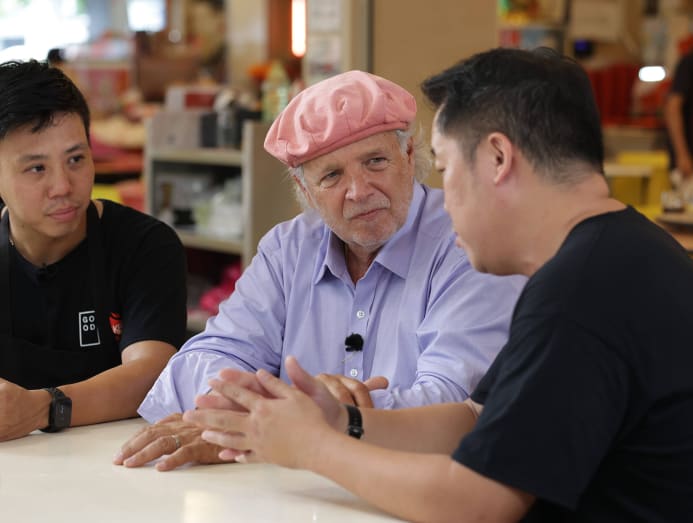
As to whether he sees himself giving up meat altogether, Mallmann responded: “I don’t think so. I love meat. But I really believe we have to improve the way we buy and the traceability of things. If we don’t change, we become fossils.
“The beauty of life is to change; to say, yes I was wrong.”





